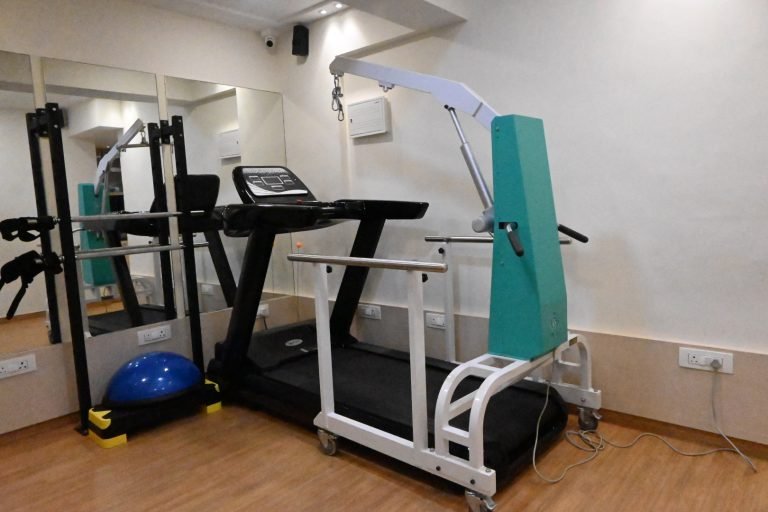Neurorehabilitation is a specialized approach to restoring function and independence in individuals affected by neurological conditions such as stroke, brain injury, spinal cord injury, or multiple sclerosis.
It combines physiotherapy and other therapies to improve movement, balance, and daily function by harnessing the brain’s ability to adapt—known as neuroplasticity.
The goal is not just recovery, but empowering patients to regain control over their lives and participate fully in everyday activities.





